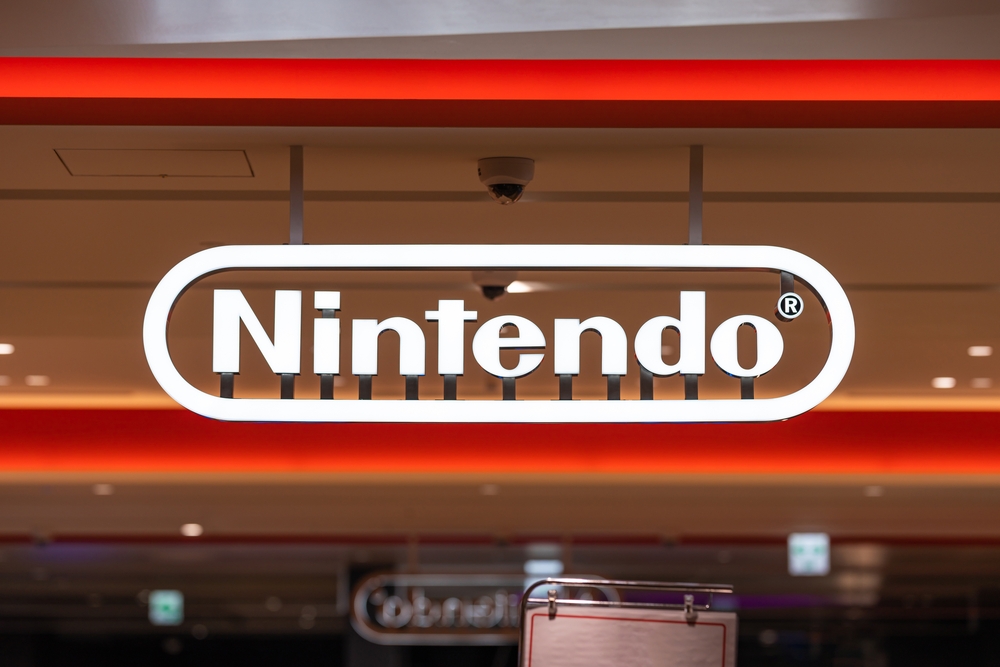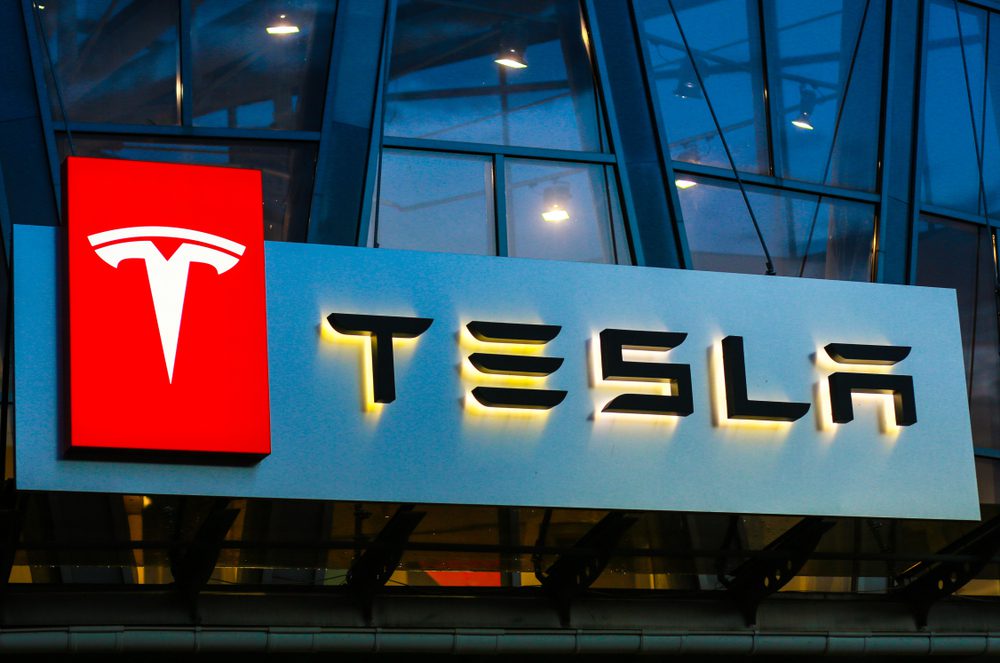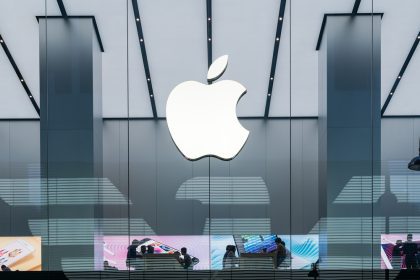Nintendo has postponed preorders for its eagerly awaited Switch 2 console, originally scheduled to begin April 9, 2025. The decision comes as the gaming industry confronts the potential impact of President Trump’s newly implemented tariff policies, which could significantly affect pricing structures for gaming hardware and related products across the market.
The decision behind the delay
Nintendo representatives confirmed the company needs additional time to evaluate how these tariffs might influence their pricing strategy and market position. While the preorder phase has been suspended indefinitely, Nintendo emphasized that the console’s official release date remains fixed for June 5, 2025. This calculated pause has generated extensive discussion among industry observers regarding the console’s eventual retail price and Nintendo’s broader market strategy.
The gaming community had already expressed mixed reactions to the Switch 2’s announced price point of $450, considerably higher than its predecessor. First-party titles planned for the system, including the highly anticipated Mario Kart World, were already projected to retail at premium prices reaching $80. The current trade situation potentially threatens to push these prices even higher before preorders resume.
Tariff implications for console manufacturers
The implications of President Trump’s tariff policies extend well beyond Nintendo, potentially reshaping the economics of the entire gaming hardware industry. Industry analyst Daniel Ahmad of Niko Partners noted that Nintendo faces particular vulnerability to these tariffs, especially affecting units manufactured in Vietnam and Japan.
Reports indicate Nintendo had already shipped Switch 2 units to American distribution centers in January, likely as a strategic move to minimize the financial impact of the anticipated tariff implementation. This foresight suggests Nintendo had been preparing contingency plans well before the official announcement of the preorder delay.
Production challenges and limitations
Some industry speculation has centered on whether Nintendo might consider relocating production to the United States to circumvent tariff costs. However, Ahmad dismissed such possibilities as economically impractical.
Establishing manufacturing capabilities in the United States would require multi-billion dollar investments and a development timeline of four to five years at minimum according to industry experts. The complexities extend beyond factory construction to include rebuilding intricate supply chains and sourcing specialized components—many of which are manufactured exclusively in Asian markets.
Historical precedent versus current reality
During Trump’s previous administration, video game consoles received exemptions from similar tariff policies following concerted lobbying efforts from major industry players. The current scenario appears markedly different, with the economic impact of these policies now materializing in real market consequences rather than remaining theoretical concerns.
This shift has amplified uncertainty throughout the gaming ecosystem, with retailers, developers, and consumers all monitoring how manufacturers will adjust their strategies in response to these economic pressures.
Consumer impact and market outlook
The indefinite delay of Switch 2 preorders represents a significant disruption in what was expected to be one of 2025’s most important gaming hardware releases. For consumers who had planned to secure early units, the delay introduces uncertainty about both availability and final pricing.
Nintendo’s cautious approach may indicate broader concerns about maintaining competitive pricing in a market already experiencing inflation pressures. Industry analysts suggest that if the company proceeds with significant price increases, they risk dampening initial sales momentum for a console that follows the extraordinarily successful original Switch, which has sold over 140 million units worldwide.
What happens next
As Nintendo continues evaluating its options, the gaming community awaits clarity on when preorders might resume and under what pricing structure. The company’s ultimate decisions could establish precedents for how other manufacturers approach similar challenges with future hardware releases.
The situation highlights how global trade policies can create immediate disruptions in consumer technology markets, affecting product launches that have been planned years in advance. For Nintendo, navigating these challenges while maintaining consumer goodwill represents a critical business test as they prepare to launch their next-generation platform. These developments also underscore the complex interplay between international trade policies and the highly globalized video game hardware industry, where components, assembly, and distribution often span multiple countries and regulatory environments.
















